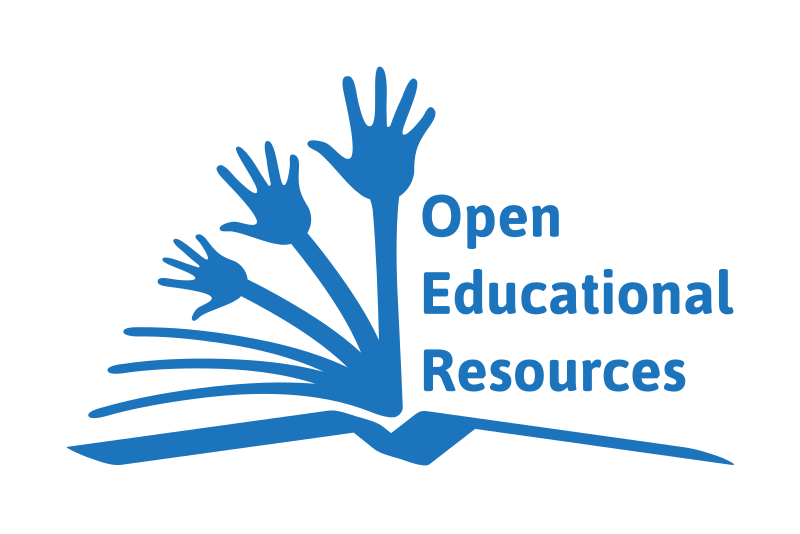

Open Educational Resources (OER) are educational and research materials which are in the public domain or released by their creators with open licenses such that you are allowed free use of the materials. OER may include full courses, textbooks, assignments and exams, or any supplemental instructional material such as lecture notes, syllabi, images, slide decks, videos or software. Generally OER are provided free of cost.
David Wiley's "5R Permissions" are often referenced as the standard for what defines OER.
According to the 5Rs, an OER allows you to:
Adapted from The Access Compromise and the 5th R (Wiley, 2014)
Video: What is OER? Created by the Council of Chief State School Officers (2016).
 No. OER are OA but not all OA are OER. OER are a subset of OA.
No. OER are OA but not all OA are OER. OER are a subset of OA.
OA materials are free to use but not all OA materials are specifically licensed to allow the 5R's of OER. You may not alter or remix OA materials unless it has been specifically licensed as OER. For example, some scholarly journal articles are published as OA; it is free to read them but you are not permitted to alter the content. OER materials, however, do allow you to do so.
Incorporation of OER are beneficial to both students and to educators. Using OER in the classroom allows greater flexibility in customizing your courses and gets your students more involved in their own learning.
Adapted from the University of Texas at Austin and the University of Maryland Global Campus
You may think that just because OER is free, the quality must be lower than commercially available resources. That is not the case!
Naturally the quality of OER will vary (as does that of commercial textbooks) but OER textbook publishers often use peer review and/or professional editors. For example, many open texts sourced via the Open Textbook Library or by MERLOT are reviewed. Additionally, OER textbooks have the benefit of rapid corrections and updates to the content.
It is important to take the time to evaluate any resources you are considering for your classroom whether it be OER or commercially published.
You may also wonder if using OER will jeopardize UC/CSU articulation agreements. It will not!
According to the Academic Senate for California Community Colleges:
Both the University of California Office of the President and the California State University Chancellor’s Office have issued statements that allow for the use of OER materials, provided the materials are “stable and publicly available as published textbooks (and not a list of links)." While articulation to private or out-of-state colleges might be impacted, given the increasingly widespread use of OER, it is becoming more likely that the use of OER will not impact articulation regardless of the college. OER also does not impact C-ID designated courses, provided that the materials used meet the above requirement.
As you select OER for your courses, consider the following:
Guidelines adapted from the University of Texas Libraries and Affordable Learning Georgia